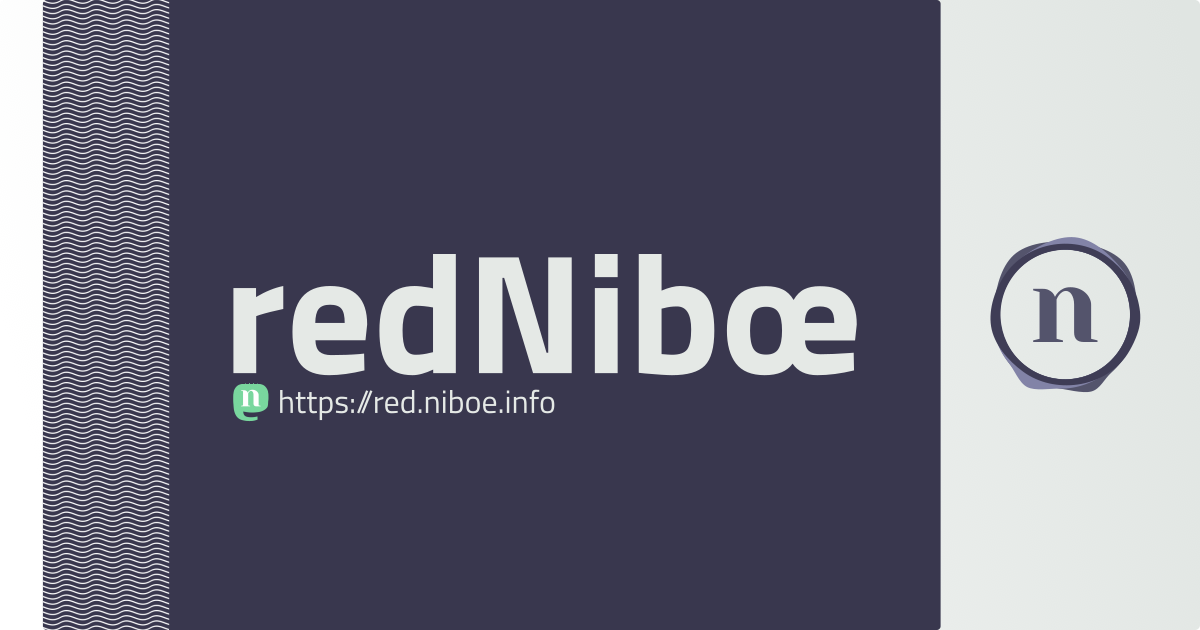
For Alexandra Elbakyan, Sci-Hub is in essence #communist. ‘We must move from the concept of “intellectual property” to the concept of “intellectual communism” when knowledge and information are free and belong to everyone.’
Granted, she describes #scihub as ‘so far the most radical, and .. most successful, take on #openaccess’. Still, is there an argument Sci-Hub is not actually about ‘genuine’ OA. Not if the latter is understood conservatively in terms set by:
1) the ‘big publishers’ and other gatekeepers (funders, government, REF): the citation advantage, metrics, competition with non-OA publications, as @jonny says;
2) the academic profession: individual recognition, reputation, visibility, esteem, symbolic capital, promotion, career progression.
Those may be the criteria Abdelghani Maddi uses to evaluate Sci-Hub:
But don't those criteria perpetuate the current publishing system far more than Sci-Hub?
What is interesting for our #EUfunded research.
🇪🇺The Horizon Europe funding programme for 2021-2027 differs from Horizon 2020 in part by adding a rights-retention requirement.
https://ec.europa.eu/info/funding-tenders/opportunities/docs/2021-2027/common/guidance/aga_en.pdf#page=162
What if the publisher refuses to accept the addendum?
🪶"Even without the attachment of an addendum, however, the license to Harvard will still have force unless it is waived for a particular article". https://osc.hul.harvard.edu/authors/amend/
Many institutions have already adopted rights retention strategies in their open access policies.
🏦USA universities are leading the list (am I missing other institutions outside US?)
https://cyber.harvard.edu/hoap/Additional_resources
How to retain rights? By institutional open access policies and addenda to the publisher copyright transfer agreements.
👉Harvard is leading the movement since 2008
https://osc.hul.harvard.edu/policies/ and provides a model and a guide for implementation in other institutions.
Depositing an accepted manuscript in a repository (green #OpenAccess) is a way to comply with funder mandates, but might not be enough to achieve full #OpenAccess. RIGHTS MUST BE RETAINED.
🔓https://erc.europa.eu/news-events/magazine/rights-retention-and-open-access
Clarifying and helpful article by Peter Suber.
Research has repeatedly shown that articles that are free online are cited more often than articles that are not free online, and this trend is increasing over time. This phenomenon is often called the open-access citation or impact advantage.
https://web.archive.org/web/20160707131501/http://sparceurope.org/oaca_table/ #openaccess
NY Times sues Open AI, Microsoft over copyright infringement
Shows evidence that GPT-based systems will reproduce Times articles if asked.
This film is quite old -2018. Yet, end of 2023, the problem of accessing academic papers is with us, and personally I see little progress... The way of assesing science is to blame, but also the individual decisions that hamper the full implementation of #OpenScience.
n/n
At Linda Hall library, all the papers are open to everyone, regardless their affiliation to an academic institution, in A PRINT BASED fashion.
Here, the paywall problem does not exist.
6/n
Princeton Uni. got a takedown message from Elsevier mentioning few research papers were illegally posted on their websites.
Princeton websites are full of PDFs from Elsevier... Why Elsevier doesn't take down all of them? Clearly, they fear the wave that would come over them if they go against the body of researchers that work for them FOR FREE.
5/n
Libraries can't afford to buy one by one all the content, so they are subscribed to -very expensive- packages.
Cons of this, if a certain publisher does not want to be part of the package anymore, it goes off without notice to the subscribers.
And yet, libraries can't cancel their subscriptions. 😠
4/n
Academic publishers have identified very well their customers are not the same group as the ones who pay the bill (libraries, managers).
So customers (researchers) are price insensitive.
3/n
The specific problem with academic publishing market is that you can't go for a cheaper product when your favourites are too expensive.
Libraries need ALL the content.
2/n
Finally I found some time to see the documentary "Paywall, the business of scholarship".
🎥 https://paywallthemovie.com/
Great job by Jason Schmitt, with plenty of testimonies by different actors from the academic publishing area.
A few reflections👇
1/n
See a satellite tonight
https://james.darpinian.com/satellites/?s=09
The #COAR (@coar_ev) #Notify project is creating new levels of #interoperability between #preprint #repositories and other pieces of #OpenAccess infrastructure.
https://www.coar-repositories.org/news-updates/whats-new-with-coar-notify/
Basically, Notify how supports:
* One-click requests for peer review (from #Prereview, @prereview) for #preprints in #bioRxiv (@biorxivpreprint) and #SciELO (@redescielo)
* One-click journal submissions to OA journals (from #Episciences, @episciences) for preprints in #HAL (@hal_fr)
Estamos cumpliendo 2 años con nuestra instancia en el #fediverso y queremos enviar un gran agradecimiento a quienes han apoyado esta iniciativa  🎉
🎉
Una de las formas más efectivas de comunicar ciencia: ¡con danza!
Aquí, el creador de 'Dance your PhD' explica el superenfriamiento de átomos.
https://www.youtube.com/watch?v=UlDWRZ7IYqw
😮
📢🚨 Exciting news! Our study (w/ @lajello and @andreatagarelli) on the #TwitterMigration to #Mastodon is out now on Scientific Reports!
📚 Paper: https://www.nature.com/articles/s41598-023-48200-7
🔬 The migration represents a unique example of collective behavioral change documented through large-scale digital traces, and can teach us a lot about how people coordinate!
Física. #ComunicaCiencia y #OpenScience.
I write about science: https://imdeananociencia.com/outreach/press-releases-scientific-advances

